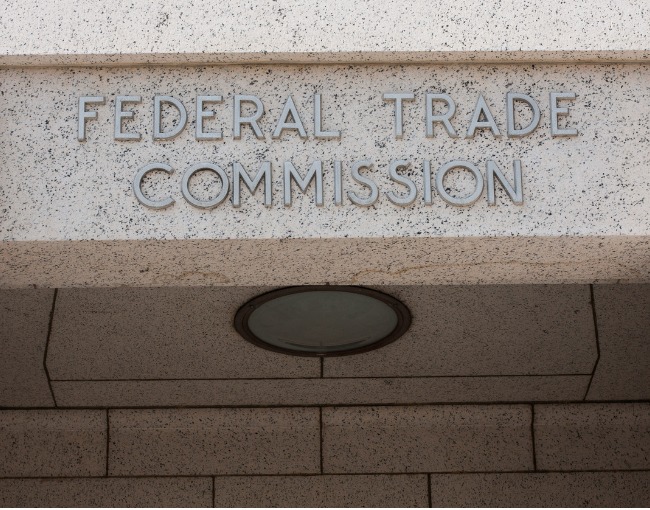Near the end of last year, Congress passed the Merger Filing Fee Modernization Act, which raised the filing fees imposed under the Hart-Scott-Rodino Act (HSR Act) for the first time since the year 2000. The Federal Trade Commission, which together with the Antitrust Division of the Department of Justice enforces the HSR Act, began to collect the higher fees in filings made on February 27 of this year and after.
Flush with this new cash, the FTC and DOJ have announced in a 133-page Notice of Proposed Rulemaking what they describe as a top-to-bottom overhaul of the Premerger Notification and Report Form (Form), which is required to be filed by parties to certain large acquisition and joint venture transactions. That Form, though periodically revised since 1978 when it was adopted, has retained essentially the same format and required the same basic information about proposed transactions and their participants.
Give the length of the notice, one could reasonably conclude that the proposed information requirements are substantially broader than the current ones. That would be an understatement. Taken as a whole, the Form will now give the agencies dramatically broader information about the governance structure of the parties, the horizontal market for competing products and services, and the vertical market based on the filing parties’ supply arrangements.
The exact format of the proposed new Form remains to be seen, but the scope of information required to be disclosed would be expanded to include, among others:
- Identifying those who have provided or will provide credit to the acquiring entity
- Identifying who is, or upon consummation of the transaction will become, a board member or observer of the acquiring entity
- Identifying all individuals who are officers, directors or board observers of the filing party and its subsidiaries, or who will hold such positions upon consummation of the transaction, or held such positions within two years before the filing date
- Stating the filing party’s strategic rationale for the transaction, and providing a diagram and chart of the transaction, its participants and their relationships to each other
- Submitting drafts of internal or advisor documents analyzing market shares, geographic or product markets, or synergies in the transaction (currently the Form requires submission of only the final versions)
- Submitting ordinary course periodic reports provided to the CEO or his or her first tier subordinates on those same subjects, if prepared during the 12-month period before filing
- Describing the filing party’s customer base, along with names and contact information for the top 10 customers by both unit purchases and dollars
- Describing any existing non-competition agreements
- Providing a narrative description of supply relationships between the parties to the transaction, with information as to whether the filing party is also a supplier to competitors of the other party
- Providing information as to the filing party’s work force by occupational categories and geographic location
- Identifying any labor-related penalties or findings in the last 5 years by certain federal agencies (the DOL’s Wage and Hour Division, NLRB, OSHA)
- Identifying certain products and services that are in development and are expected to generate annual revenue of $1 million or more within two years
- For some industries, providing geographic market information at the street level
While many of the above items are new, the proposed Regulations would also require disclosure of information that is not necessarily tied to antitrust analysis per se. These include:
- Whether the filing person has received subsidies from any foreign entity or “government of concern” (China, Russia, Iran, North Korea e.g.)
- Whether any material defense or intelligence community contracts are involved in the transaction
- Identification of communications systems and messaging applications used by the filing party that could be used to store or transmit business information
The FTC cites the Merger Filing Fee Modernization Act in support of many of these additional reporting requirements.
Without question, the agencies are looking to improve the quality and quantity of information available to them about reportable transactions. One should expect that there will be significant comments on the proposed regulations from the antitrust bar, and likely some material changes in the final regulations. Enforcement activity from the agencies has been on the increase, especially in the health care sector, and one should expect that trend to continue under the current leadership of the agencies.
All of that said, at least three effects of this modernization effort can be forecast. First, the agencies will be hiring – good news for recent graduates with economics degrees. Second, serial acquirers who are accustomed to having HSR compliance as a budget line item are going to suffer from sticker shock from both the prospective filing fees and the costs of assembling the newly required information. And third, if the agencies want to increase the number of actual and threatened challenges to proposed business combinations, they will have more funds and better evidentiary tools to do so.
Ron Haglof is a member of Thompson Coburn’s Mergers & Acquisitions practice group.

